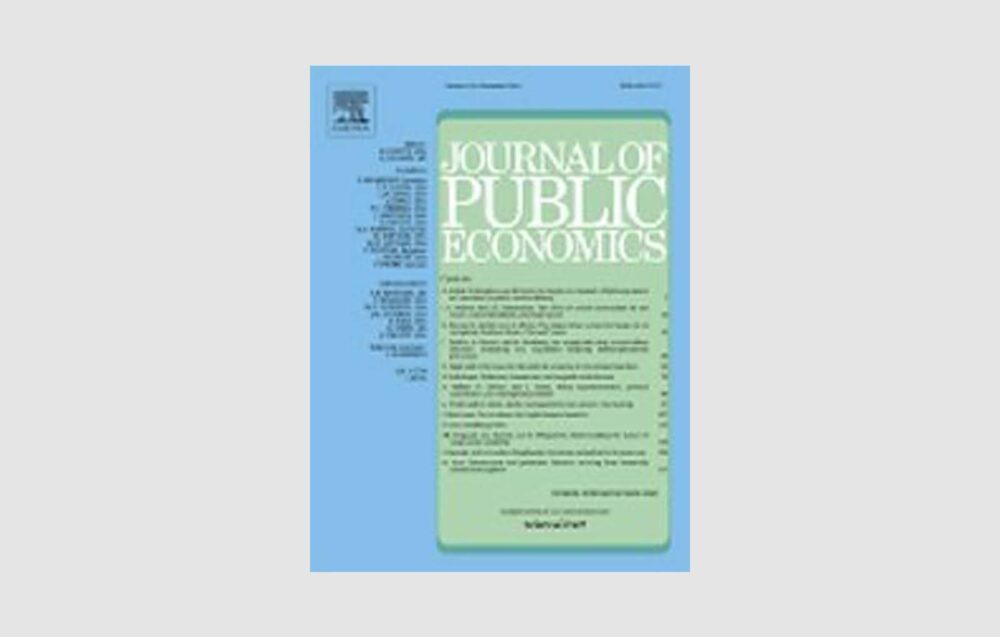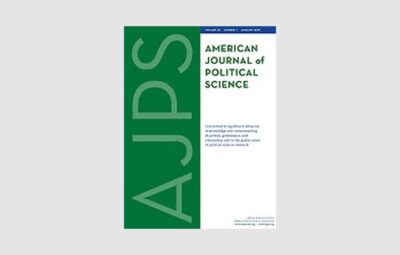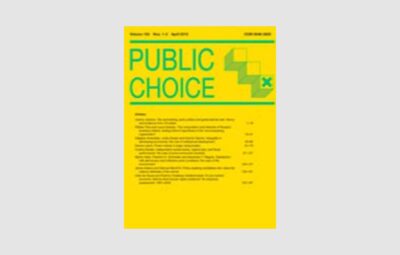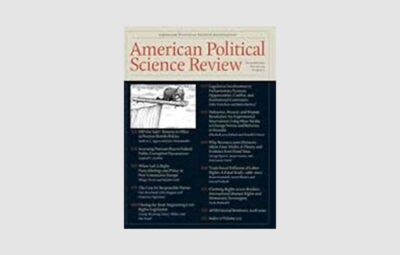In most modern democracies elected officials can work in the private sector while appointed in parliament. We show that when the political and market sectors are not mutually exclusive, a trade-off arises between the quality of elected officials and the time they devote to political life. If high-ability citizens can keep earning money outside of parliament, they will be more likely to run for election; for the same reason, they will also be more likely to shirk once elected. These predictions are confronted with a dataset about members of the Italian Parliament from 1996 to 2006. The empirical evidence shows that bad but dedicated politicians come along with good but not fully committed politicians. There is in fact a non-negligible fraction of citizens with remarkably high pre-election income who are appointed in parliament. These citizens are those who gain relatively more from being elected in terms of outside income. At the same time, they are less committed to the parliamentary activity in terms of voting attendance.
Moonlighting Politicians
Joint with Stefano Gagliarducci and Paolo Naticchioni



